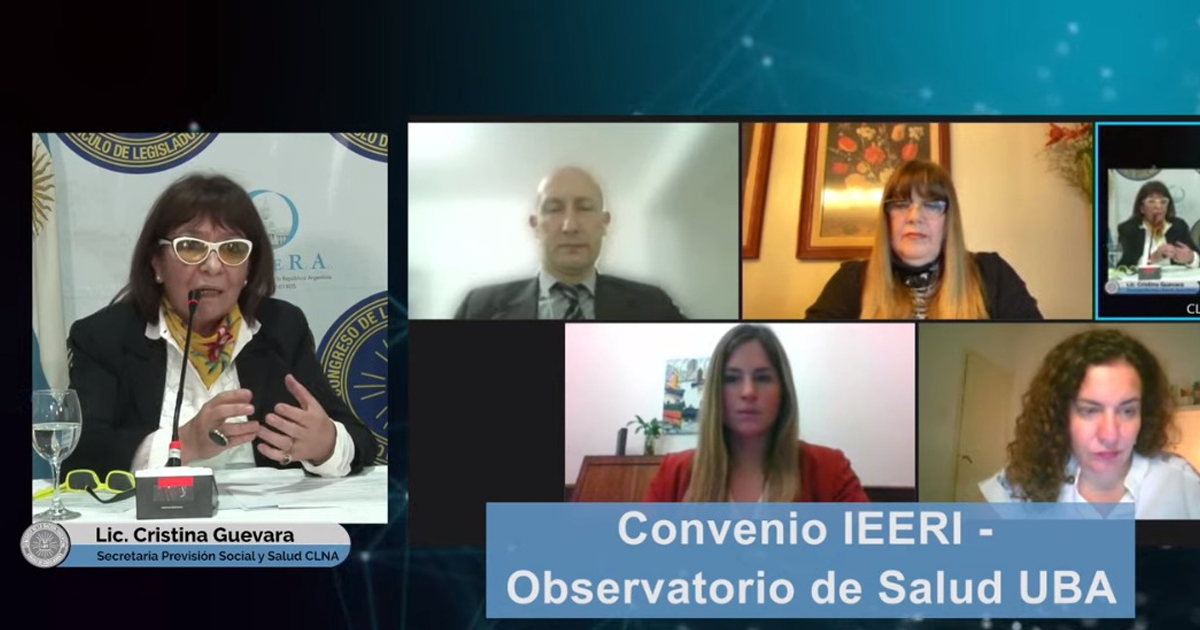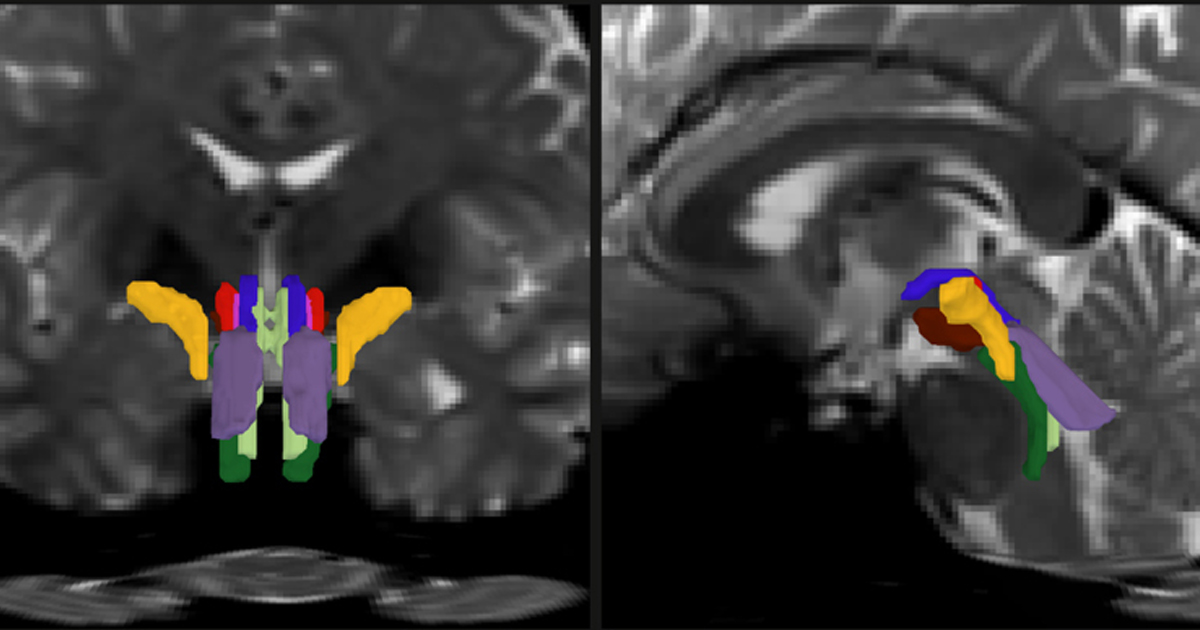Key points
- En algunos pacientes con Diabetes Tipo 2 (DT2), se logra la mejoría de los niveles de glucosa hasta valores normales o cercanos a los normales.
- Esta mejoría se puede dar de manera espontánea (raro) o tras una intervención de cambio en el estilo de vida, farmacológica o quirúrgica.
- En algunos pacientes susceptibles se puede presentar un evento transitorio de hiperglucemia condicionado por una resistencia a la insulina temporal, precipitada por factores fisiológicos como el embarazo, ingesta de glucocorticoides o enfermedad aguda. En la mayoría de los casos al resolverse el evento precipitante los niveles de glucosa vuelven a parámetros normales; sin embargo, el riesgo de presentar DT2 en el futuro permanece.
- Término correcto: Remisión.
- La gran mayoría de los casos de remisión, ésta se acompaña de pérdida (ya sea voluntaria o involuntaria) de peso corporal y tejido adiposo.
- Definición de remisión: una hemoglobina glucosilada (HbA1c) < 6.5% que persiste por lo menos 3 meses después de suspender la farmacoterapia hipoglucemiante. Es fundamental tener una medición de HbA1c previa a la intervención.
- La remisión se considera un estado en el que la DT2 no está presente, sin embargo, se debe de mantener al paciente en constante monitorización porque no se sabe cuándo puede recurrir la hiperglucemia y/o presentar complicaciones por la exposición previa. Los mecanismos por los cuáles podría volver a presentar la hiperglucemia son aumento de peso, estrés agudo, disminución continua de la función de las células beta.
- Se debe de recomendar al paciente en “remisión” mantener un estilo de vida saludable, con un plan de alimentación y actividad física; con especial interés en mantener un peso saludable.
- La duración de la remisión y los efectos a largo plazo sobre las complicaciones características de DT2 es aún desconocida.
- Se puede encontrar daño en órgano blanco (por ejemplo, nefropatía) en pacientes sin diagnóstico actual de diabetes, que estuvieron expuestos en el pasado a hiperglucemia de manera crónica.
- Después de la documentación de la remisión, se deben de realizar chequeos de manera anual junto con las revisiones necesarias para prevenir las complicaciones clásicas de DT2 (retinopatía, nefropatía, neuropatía, enfermedad cardiovascular).
Source: https://care.diabetesjournals.org/content/early/2021/08/17/dci21-0034
Este contenido es creación de PAES PROVITA S DE RL







